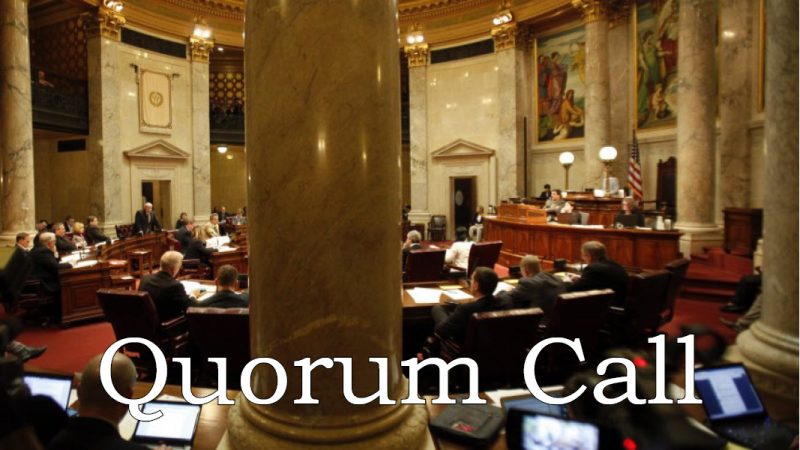Senate Majority Leader Devin LeMahieu said early in today’s Senate floor debate Republicans were not attaching funding to various bills on the agenda because the caucus has “no trust” in Gov. Tony Evers’ office. “Quite frankly there’s a trust issue between our caucus and the East Wing,” the Oostburg Republican said, accusing the governor of "arbitrarily" changing the intention of Republican ...
Please log in to access subscriber content.
If you don't have a subscription, please contact schmies@wispolitics.com for subscription options on the WisPolitics-State Affairs platform, which is the new home for WisPolitics subscriber products.

